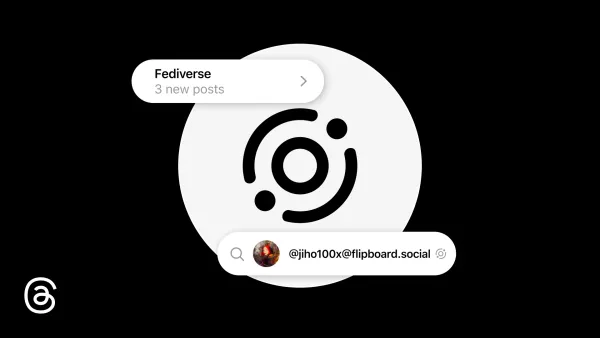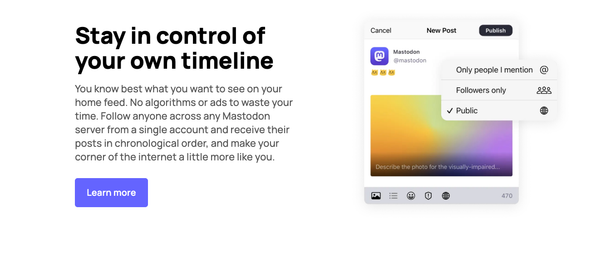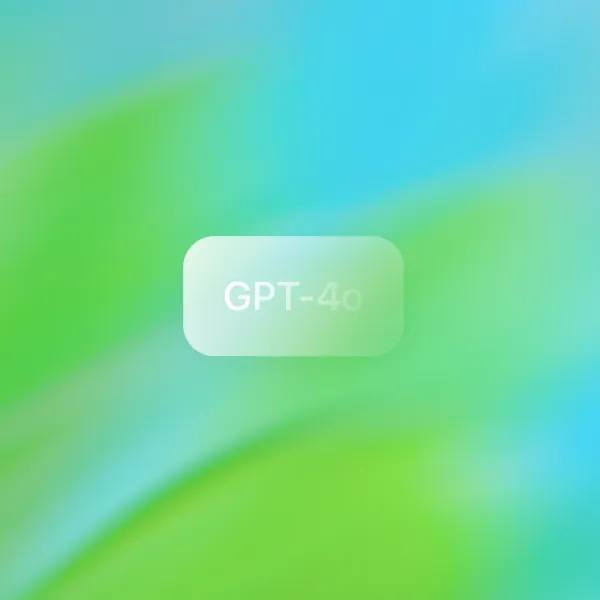NFTs Are Good*—Actually
Oh don't we all love the stupid little ape pictures? Yeah, didn't think so, but I do like the tech so let's talk about it.

Okay I know what you're all thinking: "How, exactly?" and you're just going to have to have an open mind. I spent some time working alongside some people building technologies on top of the blockchain that actually served an interesting purpose. While I can't talk too much about such projects—as they are unreleased technologies from a major tech company—they were super cool and actually where I first caught the federation bug.
Fair warning: this is going to discuss the whole thing in rather simple terms, I'm just a person on the internet, I would hardly call myself an expert or an authority on this tech, I just think it's interesting having worked on it in the past.
Actually Good Uses of NFTs
Digital Ownership
So, it's not just NFTs that are useful, but blockchain technologies in general. The thing about NFTs is that they are non-fungible, meaning "not replaceable" or "cannot be replicated" which can be useful. An NFT is a cryptographically secure token that cannot be replicated. It's basically the ultimate passkey. But it can be used for more than access, it's actually really great for artists. The way they were used before was, quite frankly, just wrong. Think about physical art. There's only one Mona Lisa, at least, only one original. You can go out any buy a print of the Mona Lisa all you want, they're relatively cheap, but there's only one original, and it's priceless. It has been authenticated by an authority as the original and the value of the painting is based on their authority.
Now think about this: you make a piece of art and mint an NFT signing that piece of art as the original. Where you mint the NFT is like that appraiser: it determines this is the original and their authority is trusted by the rest of the internet. Now, you can find copies of this piece of art, but this will be the original, and it will be known as the original, and every copy would be able to be traced back to that original.
Federated Identity
So you might have caught on to something I mentioned earlier about "where you mint your NFT" which leads into this next point. Identity is federated. Much like how Mastodon is built on a network of servers, identification could be done the same way. Right now you have to have an identity—an account—for everything. There are things like SSO where you can sign in with a work email to many different places, or you can sign in with Google, or Apple, or whatever other companies let you do this (there are a lot). This effectively federates identity. It's not being provided in a centralized manner, you're not authenticating with—logging in to—the server (or service) that you're trying to use, your access is being granted because the administrators of that service trust those services and those services say who you are. Your identity is federated.
With blockchain technology, you would not only be federating identity between services, but you could effectively federate identity within services. Think about how accounts are stored: there's a central database somewhere in the service that holds usernames and passwords of all of these accounts, distribute that database and now you've federated the identity. It's being provided, not just by Google, but by all of Google's servers. You cannot hack the server and take usernames and passwords because it's distributed across every server in the system in little pieces. Identity can only be provided by the whole of the system.
Grifters Gave Them a Bad Reputation
We all know what happened here. People started selling stupid monkey pictures, formed clubs, spent a whole ton of money on things without really understanding how it worked. They assigned value to the image, not to the token. The image was infinitely fungible, you can make a copy of an image trivially, much like how you can find a print of the Mona Lisa trivially. You can take a picture of it with your phone, you can even buy a copy of it online. But those aren't the original. That identity is the value. That was misunderstood and people took advantage of it for profit.
Can the Technology Ever Recover?
Well I wouldn't be writing this if I didn't think it was possible. With that being said, I think it's going to take some time for it to get there. There's a lot of shit going on with blockchain technologies that isn't really great. Bitcoin's currency fluctuates in value more than the German Mark following World War I. It's not exactly ready for prime time. There's a lot to figure out there, but the hyperinflation of cryptocurrency is a task for someone more than a random person writing a blog in their bedroom while watching the second season of The Rings of Power.
NFTs also need to be better understood. People need to understand how they work to apply proper value to them. This will also take time. They say the market acts rationally, but that requires a much longer time horizon than has passed. I think the technology can be useful, I just don't think its potential has yet been realized.
Final Thoughts
So that's all I have to say about that. It's quite a bit of an over simplification of how the technology works, I'm only beginning to understand it myself and I started working with it years ago. I think the technology has a long way to go, but I do believe that it's something useful and something that could be interesting in the future. It certainly has had its reputation damaged by grifters and people who didn't fully understand it, but that's how things go. AI is the same way right now. Things like cryptocurrency and NFTs are something I find interesting from a technical standpoint, but it's hard to follow without running into the grifters. I'm proud of the work I contributed to this technology and I hope that someday we'll be able to truly leverage the tech for good. Did this make sense? Do you think the tech is interesting? Let me know here, on Mastodon, Bluesky, or Threads.




